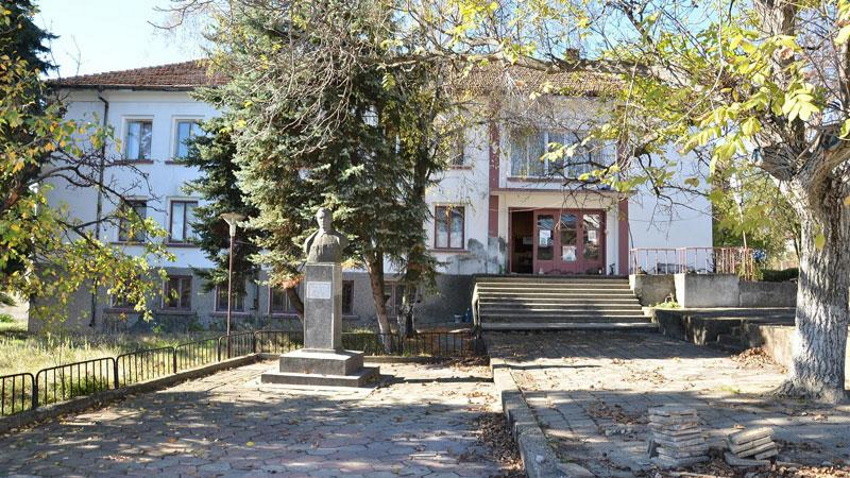Shishentsi, a village in Vidin region is located in Bulgaria’s northwesternmost point, just 5 kms. from the border with Serbia. According to the oldest available records, the village was founded in the 19th century by Grandpa Shishko from Teteven, and with him came whole families from the same town in Central Bulgaria, turning it into one of the biggest settlements in this part of the country with more than 2,000 inhabitants.
In our day there are no more than 50 elderly people left living in the village.
As a result of a string of unfortunate events that befell the village around the time of the communist-era collectivization at the beginning of the 1950s, and later because there was no means of livelihood here, many of the people moved away from the village. Around the mid-20th century it gained a sinister kind of notoriety with stories of wandering spirits, legends of wood-nymphs and outlandish wedding songs which still titillate the curiosity of mystery seekers of all generations. There is still talk of a wood-nymph coven, and the village is said to be the most mysterious place in Bulgaria.

Much has been written about the “paranormal phenomena” in and around Shishentsi. There are videos, films have even been made about it. The stories of spirits from the past wandering the streets of the deserted village at night have brought in many tourists who come here to “see for themselves”.
Here is more from Nartsissa Nedyalkova, former secretary of the village chitalishte (cultural community club) who talked to Katya Borissova, BNR- Vidin:
“When the wood-nymphs appear there is the sound of music in the air and it is not clear where it comes from. The latest film shot here was about that, the film is called “Lost in Bulgaria”. But no one can explain the things going on here. We hear wedding music and a hubbub of voices, and on big holidays the sounds get louder. But now that there are airplanes flying overhead the sounds are rarer.”

It is a sad thing that in less than 20 years Shishentsi itself will probably have faded away like a ghost of the past.
Neither legends nor 100-year old tradition is likely to preserve a village like this. The tranquility and the pristine nature are not enough to bring young people back to the towns and villages along the border or breathe life into them.

“It used to be a very good place, children came to school here from three surrounding villages, but that was about 50 years ago,” says the village’s deputy-mayor Hristina Kalcheva. “Now the school building is in ruins. Nothing can be built in its place, there is no one to build it. The people here are all retired, 65 years of age or more, but mostly 80-90 years old. There are just 3-4 people who work. The school has a dormitory and I was thinking it could be turned into a retirement home. But nobody wants to come and work here and care for the home’s residents. Young people never come, and the old people, when they are gone the village will be gone with them. The government should do something to help this border region. By ourselves we can’t do anything. I very much hope that one day the village will be reborn. Life is so quiet here, nature is pristine but how can tourism be developed when there are no people?”
Radio Vidin
Editing by Gergana Mancheva
Photos: private library
Today we mark the 105th anniversary of the birth of academician Valeri Petrov - poet, novelist, screenwriter, playwright and translator. Born in Sofia on 22 April 1920 under the name of Valeri Nissim Mevorakh, he graduated in medicine from Sofia..
President Rumen Radev's "Support a Dream" charity initiative has attracted the support of musicians, stylists, designers and donors, the head of state's press secretariat said. A prom hosted by the president each spring brings together high school..
The Speaker of the National Assembly Natalia Kiselova will today award the winners of the 32nd Children's Easter Festival in the Serbian town of Bosilegrad. The children will compete in three categories – for the strongest, most beautiful and most..
Digital nomadism, a lifestyle where people choose remote work so they can travel and live in different environments, is becoming a phenomenon on the way..

+359 2 9336 661
